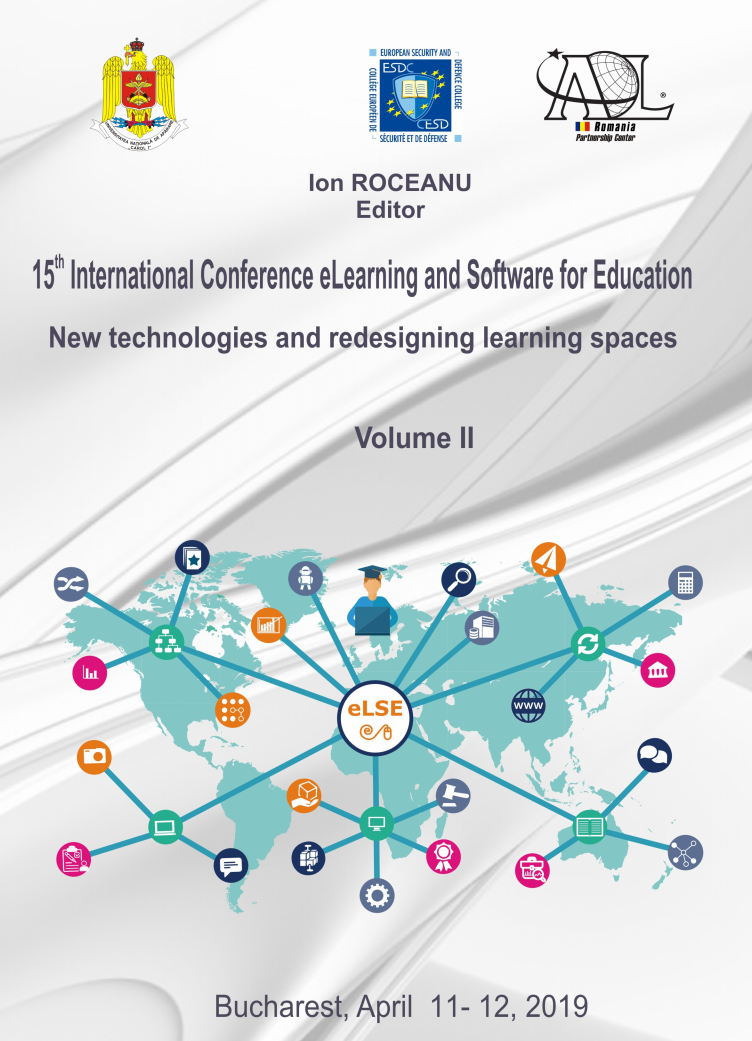Multilingualism and Minority Language Teaching. Between Tradition and Revitalization
Multilingualism and Minority Language Teaching. Between Tradition and Revitalization
Author(s): Ioan Laurian Soare, Maria-Cristina Munteanu-BănățeanuSubject(s): Social Sciences, Education, Higher Education
Published by: Carol I National Defence University Publishing House
Keywords: language teaching; linguistics; sociolinguistics;
Summary/Abstract: Language variety (multilingualism) gains today more and more significance in our community. Children in their early school years have already access to different language sources. There is a friendly educational environment that allows further students fit into new practices whereas languages are able to help them (re)orienting their educational frame. In times past the rigid curriculum of the school system restricted language variety. The decision to exclude Low German (Niederdeutsch) in schools in the 19th century led to a partial extinction of the language and its dialects in Northern Germany nowadays, whereas miles away in South Europe the Basque language reshaped its ideological terrain and turned from a banned language in Franco's dictatorship (about 40 years ago) into a co-official regional language in nowadays Spain with an increasing number of speakers. This paper investigates firstly the status of a language as a minority/local/regional language in opposition to a dominant/national/official language, whereas denominations such as: minority or official languages need further explanations. In Ireland the Irish language has the status of an official language, on the other hand the number of people who declared they speak the language amounts to 6-7% in the whole population. This gives Irish both a minority and an official status, nevertheless: the name of a so called minority language can vary depending on region and tradition. Low German, also known as Nether German or Low Saxon (Niederdeutsch, Plattdeutsch, Nedersaksisch) is still competing for an official name. Whereas in Spain there is Euskera or el Vasco. Secondly, the paper analyses the role of two minority languages within the national educational system of Spain, France and Germany. The two languages are: the Basque language which is spoken in Northern Spain (more exactly in the Basque Country and northern Navarre) and France (in the French Basque Country), the second language is: Low German (spoken mainly in northern parts of Germany). Thirdly, the present paper concludes the fact that within a multilingual/bilingual/monolingual milieu of nowadays Europe a revitalization of a minority language can be achieved due to certain social mechanisms. There is the school system on one hand, then the tradition and identity values a certain group of people may perform and of course there are the authorities and the language policies they develop on the other hand. Accordingly, by means of a collaboration of these mechanisms a revitalization of the Basque language was possible in Spain, respectively because of a malfunction of these structures we notice a decline of Low German in Germany.
Journal: Conference proceedings of »eLearning and Software for Education« (eLSE)
- Issue Year: 15/2019
- Issue No: 02
- Page Range: 438-445
- Page Count: 8
- Language: English

